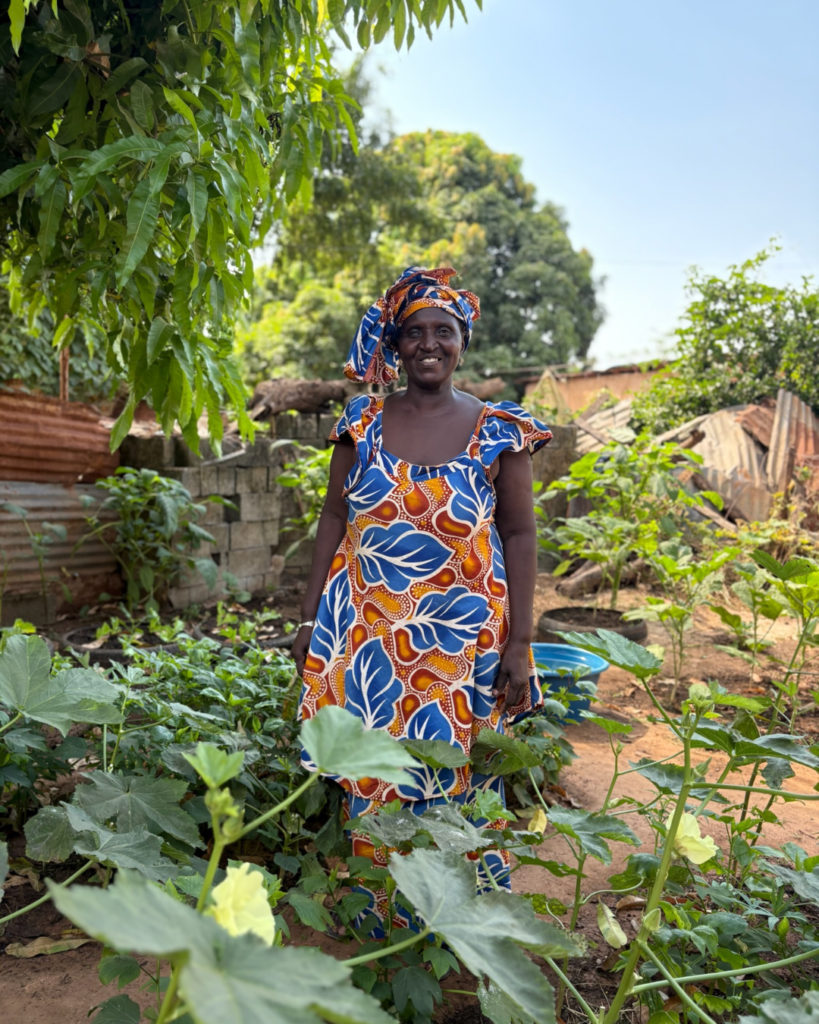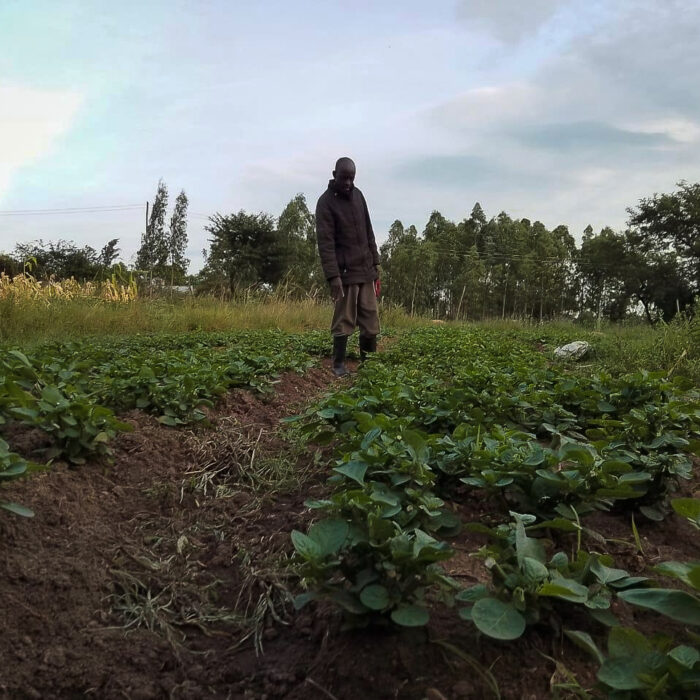For the farmers that DIG works with, climate change is not an abstract concern—it’s a direct threat to their food security, livelihoods, and lives.
When crops are lost to drought or floods, it’s more than just a setback; it means the possibility of going without food, being unable to pay school fees, or accessing healthcare. Global food disruptions can close down local markets and threaten an entire region’s access to staple foods. If we are shocked by the rising cost of eggs, we should pause and think about how farmers dependent on rain-fed agriculture are affected when a pest infestation wipes out an entire maize crop.
But, now is not the time to lose hope. Now is the time to dig in. By embracing the principles and practices of agroecology and strengthening local food systems, DIG farmers are not just surviving the challenges they face—they are offering us a blueprint for resilience.
Investing in local solutions can strengthen our collective resilience, so let’s amplify and celebrate the knowledge we gain from resilient communities everywhere. Let those communities inspire our own actions to return to the earth what we take from it.
Despite all that feels hard in the world today, DIG knows there will be gardens. We know because we will plant the seeds.
Definition of Terms: Agroecology
Agroecology, often referred to “regenerative agriculture,” “biodynamic farming,” or “ecological agriculture,” is a sustainable farming approach that works holistically with nature. It gives farmers the power to effectively address critical issues of hunger, poverty, climate change and environmental degradation. By optimizing natural processes, agroecology is particularly well suited for marginalized and vulnerable small-holder farmers, while also having the ability to positively impact larger food systems.
DIG is dedicated to the principles and practices of agroecology, which are actively taught through our Farmer Field Schools and core programs. Our goal is to strengthen farmers’ resilience to climate-related shocks and enable them to grow more nutritious food, protect biodiversity, and preserve cultural heritage.
At its heart, agroecology promotes equity by centering justice in agriculture, strengthening communities, and celebrating diverse cultural identities. Agroecology is an act of love – for the soil, the environment, and future generations.
How You Can Help
Support DIG’s work with smallholder farmers. Learn, share, take action. Every effort contributes to a future where farming works, with nature, for communities, to feed the world.


